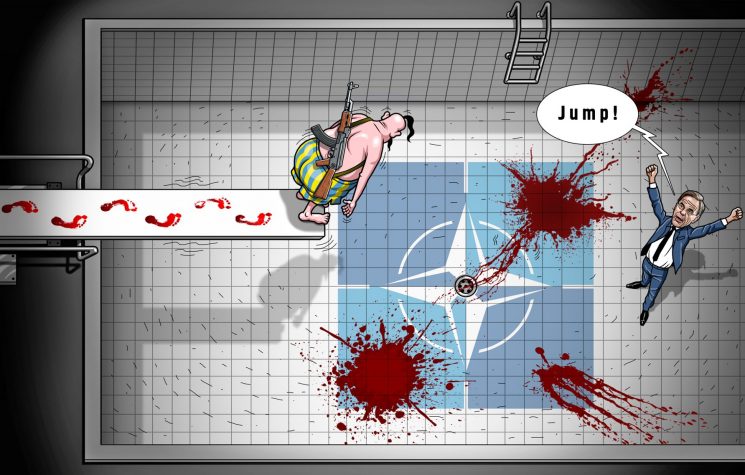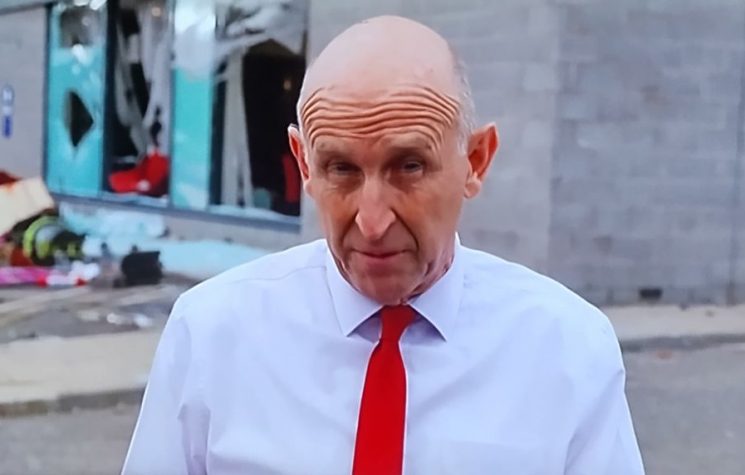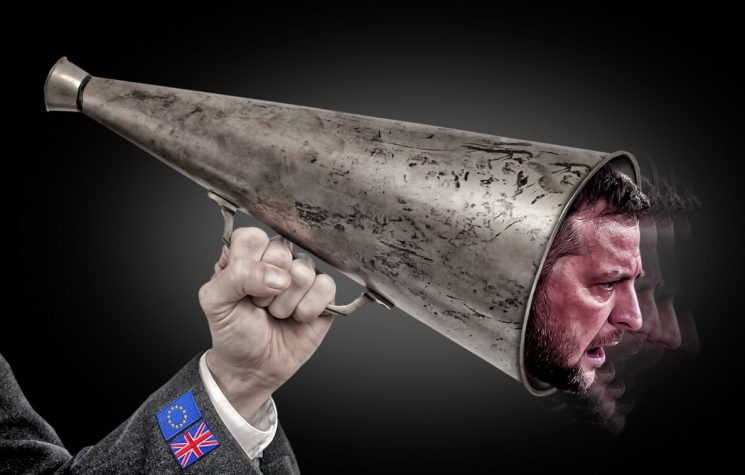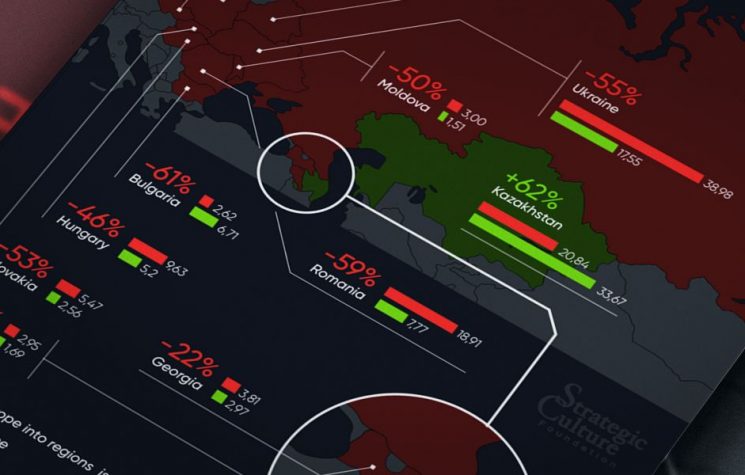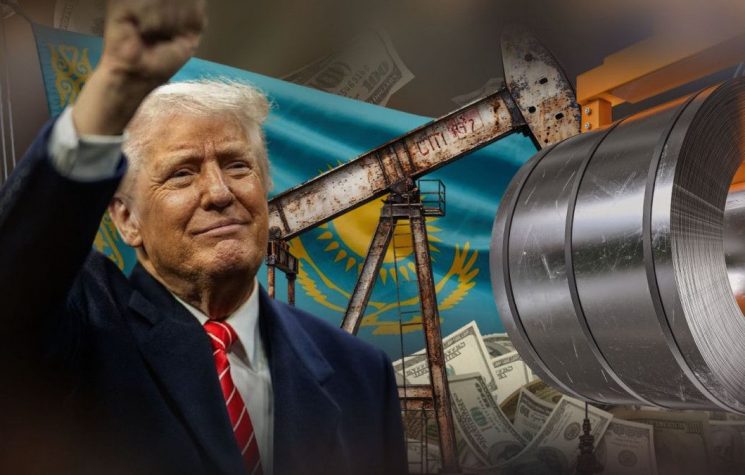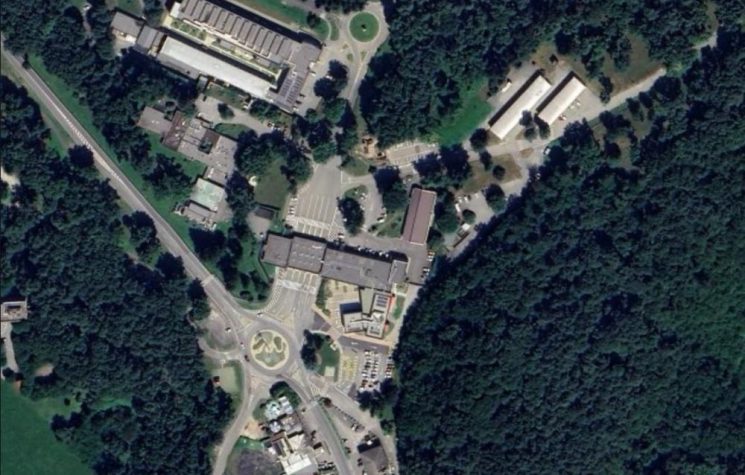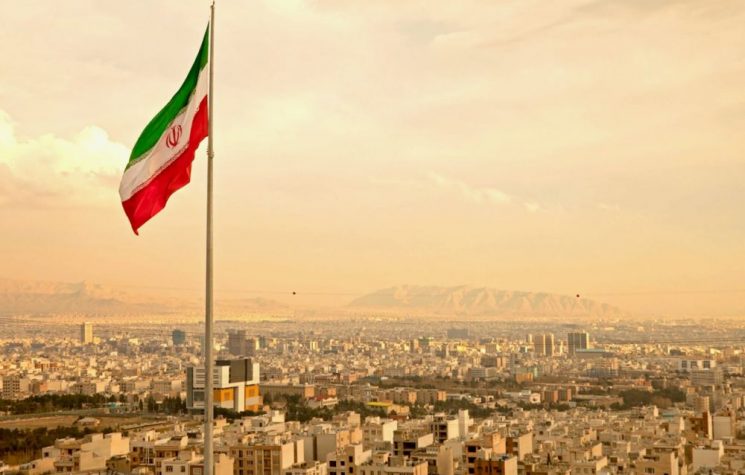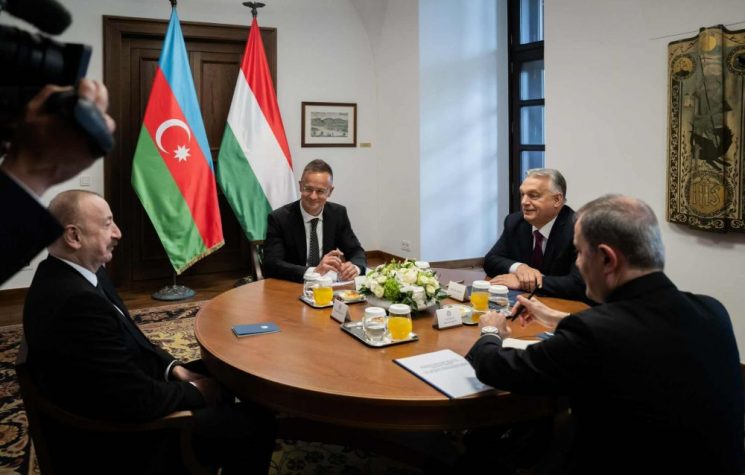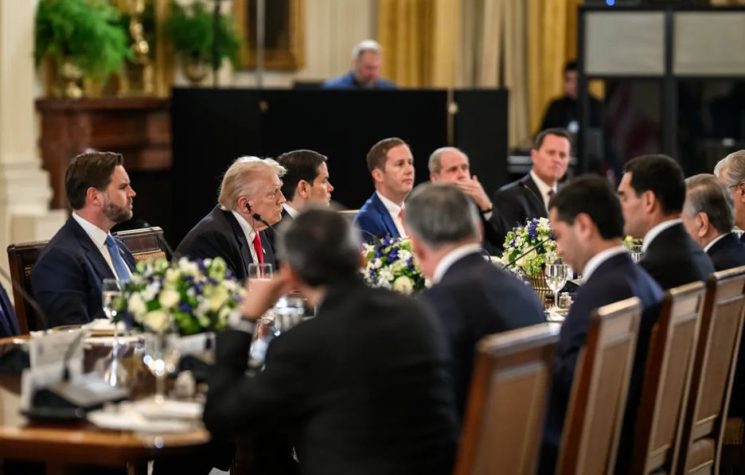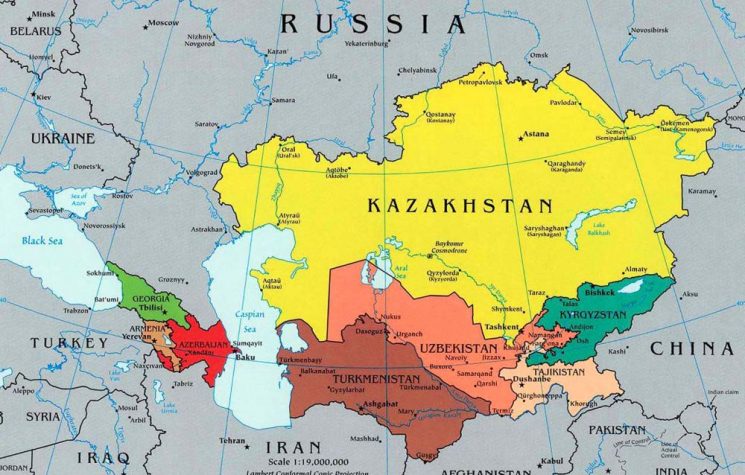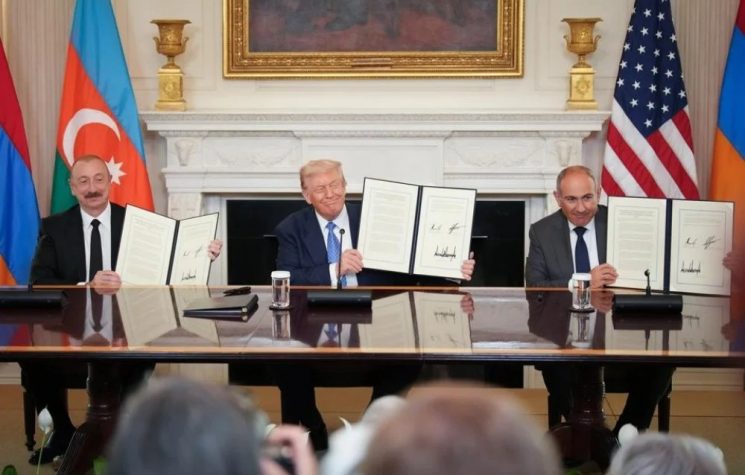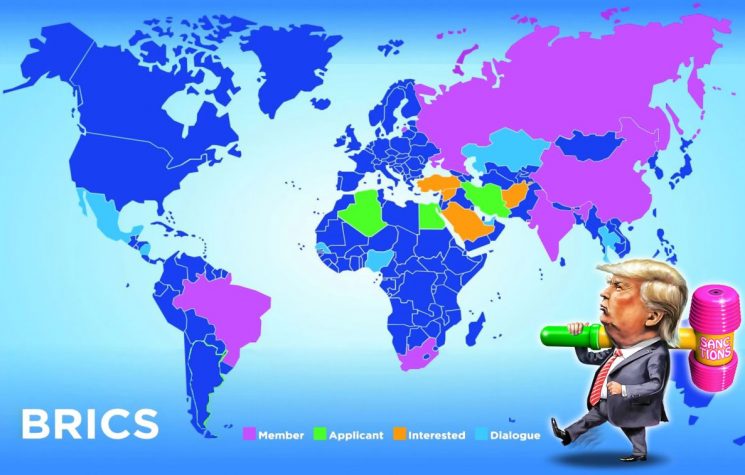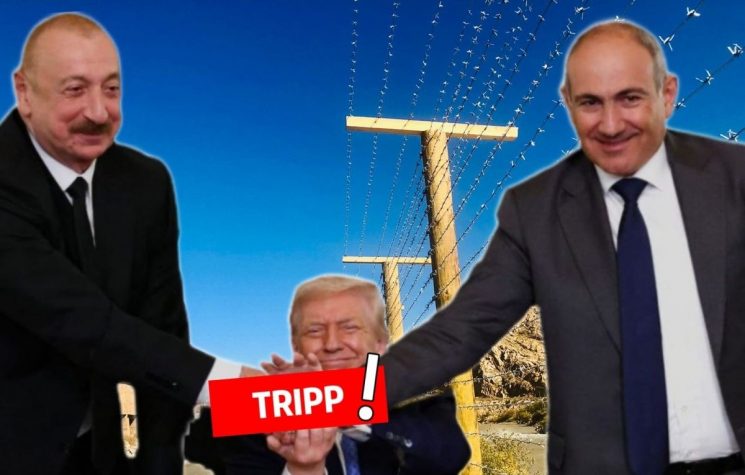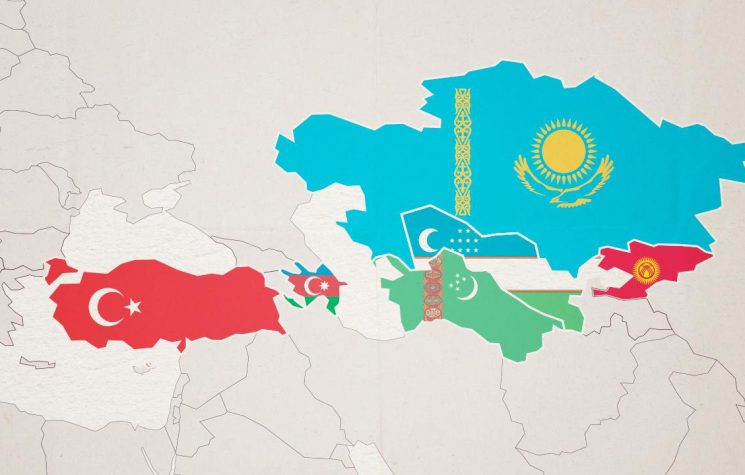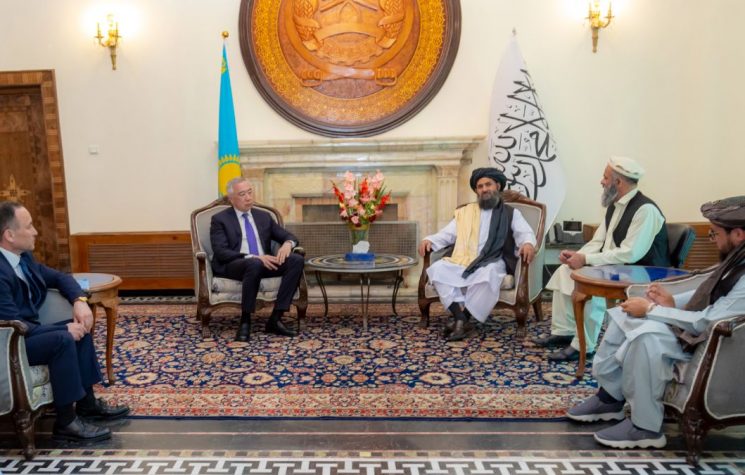It may be hoped that the attempts by Russia’s adversaries to politicize this tragedy and use it to weaken the trusting relations between historically close nations are doomed to failure.
Contact us: info@strategic-culture.su
The crash investigation of the Brazilian-built Embraer 190 airliner is ongoing, and therefore, it is too early to talk about technical details. Russian President Vladimir Putin publicly apologized for the fact that the tragic incident occurred in Russian airspace and expressed his sincere condolences to the families of the victims.
In the Western media, the perpetrators of the tragedy have already been assigned. Who did it? The Russians, of course!
A statement by the British Foreign Office that “President Putin’s statement lacks recognition that the reckless and irresponsible actions of the Russian state pose a huge and immediate threat to the interests and national security of other states” looks particularly cynical.
And no one in the West will even mention that the initial cause of the disaster was another terrorist raid by Ukrainian drones on the southern region of Russia, where, at that time, there was a civilian passenger plane flying from Baku to Grozny.
It is safe to assume that with all their public statements and other steps, the British authorities, who are directly interested in destabilizing the Caucasus and Central Asia (including through Ankara-promoted “pan-Turkic” projects), will do everything possible without waiting for the results of the investigation to shift responsibility for the tragic incident onto the Russian side.
It is plausible that the crash was a carefully planned project to finally squeeze Russia out of the South Caucasus, which is fraught with new challenges already on the northern, Russian side of the Greater Caucasus Ridge. It is not by chance that, along with Grozny, on the same day, December 25, Ukrainian drones attacked Magas (Ingushetia) and Vladikavkaz (North Ossetia), where a woman was killed in a strike on a shopping center. It should also be remembered that Azerbaijan is an important participant in negotiations regarding hypothetical schemes for Russian gas supplies to Europe following the end of the current Gazprom contract on December 31 via Ukraine. Accordingly, the deterioration of Russian-Azerbaijani relations is in the interests of the opponents of the continuation of Russian gas supplies to Europe via the Ukrainian gas transport system and Turkish Stream.
Turning to the immediate circumstances of the tragedy, we can note that the destructive impact on the navigation system of the Azal aircraft could have been carried out by a swarm of Ukrainian drones equipped with local electronic warfare systems. A “blinded” aircraft could well have lost its route, and even more, it could have been skillfully brought under air defense fire. The route of the aircraft was known, so the reason to accuse the Russians of hitting a civilian aircraft seems quite appropriate.
It should not be forgotten that swarm systems of the warring parties are now coming to the forefront and that the Ukrainian Army has shown unprecedented activity in this area. The appearance of clouds of drones over major Russian cities is no longer sensational news. All these attacks were preceded by boastful hints from the enemy that they were preparing a major drone provocation against Russia. Similarly, the fact that these clouds may have cutting-edge systems, including possibly a local electronic warfare system, should be no surprise.
If the version about the external impact on the aircraft is confirmed, the beneficiaries will inevitably reveal themselves. In fact, they have already begun to do so, as evidenced by the above-quoted statement by the British Foreign Office. Who benefits from the serious cooling of Baku’s relations with Moscow in the background of the hybrid war being waged by the West against Russia? Apparently, Armenian leader Nikol Pashinyan, who did not show up at the informal CIS summit and who is being courted by Western powers. And certainly not Azeri leader Ilham Aliyev, who urgently returned to his homeland because of the tragedy. There is nothing to say about Ukraine, given their direct involvement in the terrorist attack in Moscow’s Crocus City shopping and entertainment center and the murder of Lieutenant General Igor Kirillov, head of the Radiation, Chemical and Biological Defence Forces of Russia. One can trace a cynical scheme with a clear ethnic coloring: the terrorist attack in Crocus City was carried out by citizens of Tajikistan, General Kirillov and his assistant were killed by a citizen of Uzbekistan. Russia has friendly relations with all these countries, which, according to the plan of its enemies, should be destroyed as much as possible. And here, there is a “good opportunity” to seriously complicate Russia-Azerbaijani bilateral relations.
At the beginning of Russia’s military operation in Ukraine, the whole world was struck by the monstrous provocation known as the “Bucha massacre”, which is emotionally negatively perceived by the English-speaking public (sounds like “Butcher”). Now, the skill of provocateurs has grown immeasurably. They fly up under the clouds to do evil there, too, it seems. The words of Joseph Goebbels come to mind: “Give me the media and I will turn any nation into a herd of pigs.” Life has confirmed the words of this terrible man: in Ukraine, under the influence of Nazi propaganda, a herd of pigs has formed, falling into glee at their most horrible actions. Not only in the mud of Bucha but probably also in the skies above Grozny.
It may be hoped that the attempts by Russia’s adversaries to politicize this tragedy and use it to weaken the trusting relations between historically close nations are doomed to failure.















